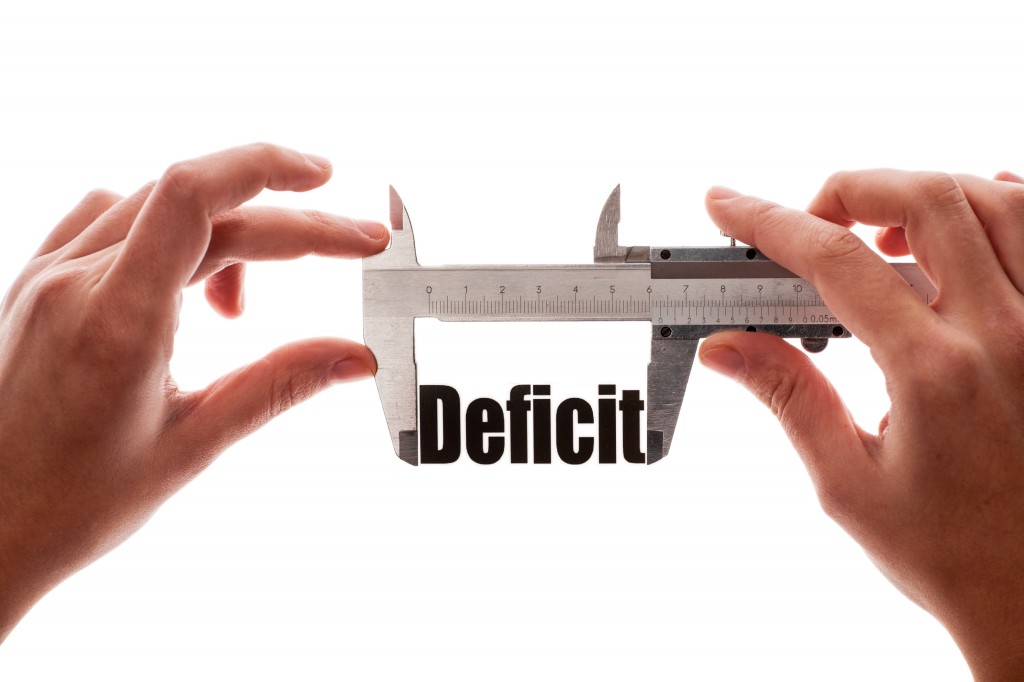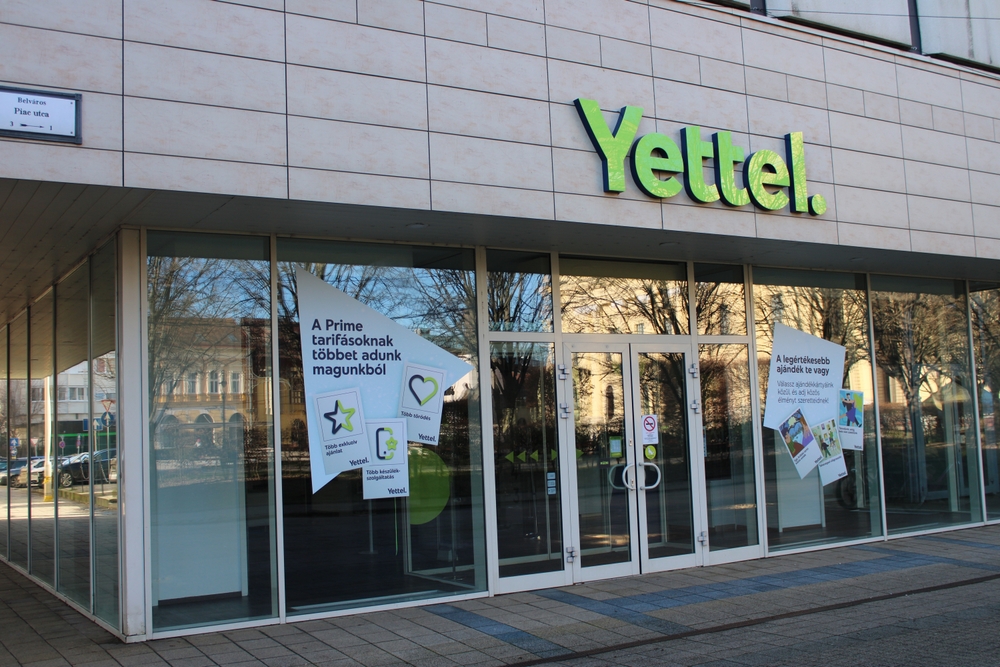General govʼt deficit falls to 106% of target at yearʼs end

Hungaryʼs cash flow-based general government, excluding local councils, ran a HUF 1,445.1 billion deficit as of the end of December 2018, the Ministry of Finance confirmed in a second reading of data on Tuesday. The deficit thus reached 106.2% of the HUF 1,360.7 bln full-year target, the ministry said.
A lag between advance payouts by the Hungarian government to EU funding recipients and actual transfers from the EU had lifted the general deficit over 135% of the full-year target by the end of November. However, some HUF 890 bln from Brussels that arrived in December shored up the gap, giving the general government a HUF 397.3 bln surplus for the month.
Hungaryʼs government has been pre-financing EU-supported projects to avoid a backup at the end of the 2014-2020 funding cycle, noted state news wire MTI.
For the full year, payouts by the government to EU funding recipients came to HUF 1,886 bln, while EU transfers reached just HUF 1,430 bln.
The central budget deficit reached HUF 1,368.8 bln for the full year, the social insurance funds were HUF 83.9 bln in the red, and separate state funds had a HUF 7.6 bln surplus. The general government deficit was HUF 388 bln lower than in 2017.
The full-year deficit, calculated using EU accrual-based accounting rules, is expected at around 2.0% of GDP, better than the original 2.4% of GDP target, while the ratio of gross state debt to GDP may also have fallen further than expected, to 71%, the ministry declared.
The ministry noted that savings on some spending targets allowed year-end reallocations to other areas without any risk to either the deficit target or the reduction of state debt relative to GDP, a requirement stipulated in the Hungarian constitution.
The accrual-based deficit figure will be published in March, at the earliest, the ministry said.
Revenues and expenditures
General government revenues rose 3.4% to HUF 19,873 bln last year, while expenditures increased 1.2% to HUF 21,318 bln.
Central budget revenues were up 3.2% at HUF 13,594 bln, while central budget expenditures edged up 0.1% to HUF 14,963 bln.
Revenue from VAT rose 11.4% to HUF 3,929 bln, and personal income tax revenue was up 13.4% at HUF 2,177 bln. Revenue from excise tax increased 8.8% to HUF 1,112 bln.
Revenue from corporate tax dropped 39.1% to HUF 380 bln because of the carry-over effect of provisions affecting advance tax supplements from 2017, as well as a big drop in revenue from the growth tax credit.
Revenue from state assets fell 30.5% to HUF 185 bln.
On the expenditures side, spending of budget-funded institutions rose 1.3% to HUF 10,387 bln. Support for local councils increased 6.6% to HUF 747 bln.
Spending on subsidies for families and children, as well as income support, fell 1.8% to HUF 641 bln. Home subsidies were up 4.3% at HUF 193 bln.
Expenditures of the National Employment Fund dropped 15.4% to HUF 389 bln as fostered work programs were scaled back.
Interest expenditures dropped 3.9% to HUF 1,048 bln.
SUPPORT THE BUDAPEST BUSINESS JOURNAL
Producing journalism that is worthy of the name is a costly business. For 27 years, the publishers, editors and reporters of the Budapest Business Journal have striven to bring you business news that works, information that you can trust, that is factual, accurate and presented without fear or favor.
Newspaper organizations across the globe have struggled to find a business model that allows them to continue to excel, without compromising their ability to perform. Most recently, some have experimented with the idea of involving their most important stakeholders, their readers.
We would like to offer that same opportunity to our readers. We would like to invite you to help us deliver the quality business journalism you require. Hit our Support the BBJ button and you can choose the how much and how often you send us your contributions.









